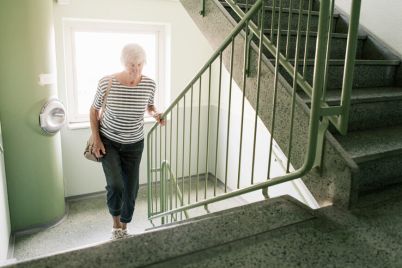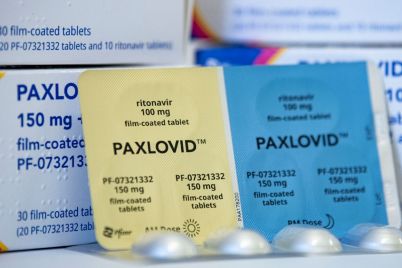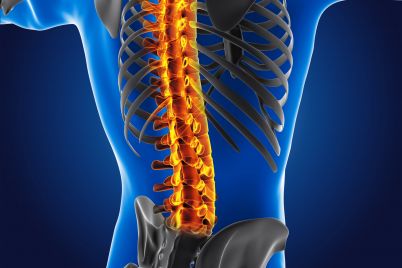For the past 40 years, the standard recommendation for treating breast cancer has included surgery and radiation, sometimes followed by chemotherapy. Chemotherapy is effective but arduous, killing cancer cells but leaving people extremely fatigued and ill. Few treatments have the negative connotations that chemo does, and now, fewer women may have to undergo it.
New research shows a test given to women with early stage breast cancer can reliably assess their risk for developing further cancer, helping doctors decide whether or not surgery and radiation are sufficient. The test has been around for years, but its accuracy has been validated in the study of 6,700 women. It showed that women whose test results indicate they have a low risk of recurrence can skip chemotherapy without raising their chances of having more cancer.
How the Test Predicts the Risk of Cancer
The test is called MammaPrint. It is widely available and involves taking a small breast tissue sample, which is sent to a lab where the activity level of 70 different genes associated with breast cancer is analyzed. Every cancer is biologically unique, but the test assigns a score that indicates whether the cancer has a low or high chance of recurring. Your doctor can reliably use the results to decide what treatment to recommend to you. If your score indicates you have a low genetic risk, your doctor may not feel chemotherapy is necessary, because it will not affect your chance of recurrence or developing another cancer.
Who Is Eligible for the Test
MammaPrint can be used to help doctors determine the need for chemotherapy in women with cancer with the following traits:
- It is a stage I or stage II (early stage cancer).
- It may be invasive, meaning there is cancer in the tissue surrounding a tumor.
- The tumor is smaller than 5 centimeters.
- The cancer can be either estrogen-receptor positive or negative.
Your Opinion Matters!
How the Test Helps Doctors Recommend Treatment
Before the MammaPrint study, doctors would make treatment decisions based on a cancer’s characteristics like tumor size, the presence of certain hormone receptors (substances that lead to changes in cells), and whether there were cancer cells in the lymph nodes, meaning it had spread beyond the tumor. But knowing the genetic makeup of a particular cancer means your doctor has a clearer picture of your individual situation. Using the new test, 20% of the women who had cancers that were previously considered high risk were re-classified as low risk, meaning they carried only a 10% chance of coming back.
The test means more women can be treated with hormone therapy, also known as endocrine therapy, instead of chemotherapy. Hormone therapy is already a common treatment for breast cancers that are localized and not advanced. It is less harsh than chemotherapy, though it does have side effects including hot flashes, fatigue and vaginal dryness. Common medicines used in hormone therapy are tamoxifen and anastrozole, which are pills you may take for a number of years.
Talking to Your Doctor About the MammaPrint Test
Nearly half of all women with early stage breast cancer have a low genetic risk of recurrence. That translates into a significant number of people who can avoid having unnecessary chemotherapy. If you have had a diagnosis of breast cancer, talk to your doctor about the MammaPrint test. Every cancer and every patient is different, so your doctor will assess other factors as well as test results to give you a treatment recommendation. Your age, general health, and family history will also play a role in determining treatment. But for thousands of women, the results of the MammaPrint study can mean an easier journey along the road to overcoming cancer.




